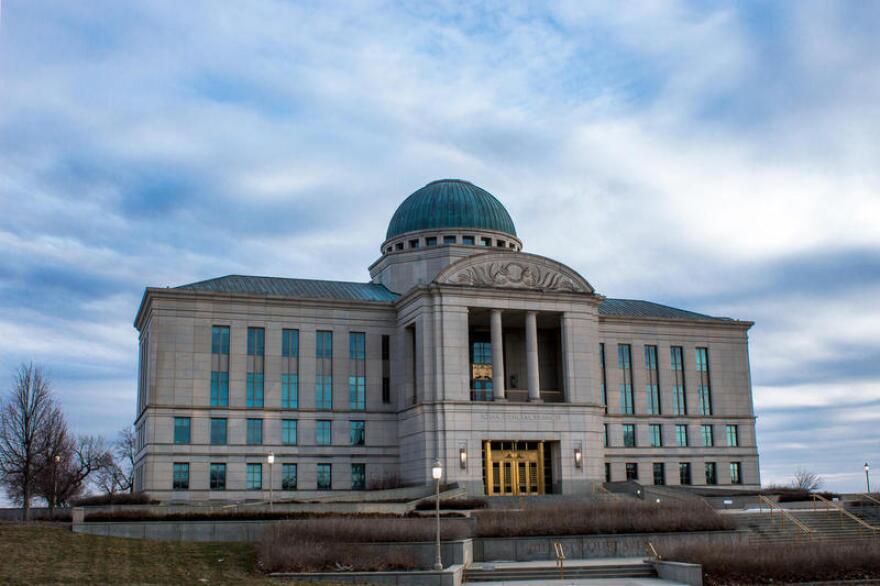The Iowa Supreme Court heard arguments Tuesday in a case that could determine whether the Iowa Department of Transportation (IDOT) has the power to regulate cities’ traffic cameras.
Des Moines, Cedar Rapids and Muscatine are challenging a 2015 IDOT order to remove some of their traffic cameras. The cities have been ordered to stop issuing tickets from the cameras in question while this case is being considered by the state’s highest court.
On behalf of the three cities, attorney Douglas Fulton said IDOT is applying a broad law in asserting its power to remove the cameras. He said state law does not specifically give IDOT the authority to regulate the cities’ traffic cameras.
“The DOT would take the position that they have the right to do anything with regard to these roads in in the cities, and it’s simply not the truth,” Fulton said.
Assistant Attorney General Richard Mull said that’s not the case, but IDOT’s mission is to make sure the primary highway system is safe and efficient.
“The question is, what authority do you have from the legislature?” asked Justice Edward Mansfield. “Because the DOT does not get to make laws. It only gets to issue rules when the legislature authorized it.”
“I think the DOT has so many statutes giving broad grants of authority,” Mull said. “And I think it’s intended to make sure the DOT always has the authority to keep their roads in a reasonably safe condition.”
Justice Brent Appel pointed out this case wouldn’t have come before the Court if the legislature had enacted a specific law governing traffic cameras. Instead, IDOT enacted its own rules.
“We end up with this quasi-legislative process, and I’m kind of wondering if it was really more legislative and is a matter that ought to rest with the legislature and not with you [IDOT],” Appel said.
A bill to regulate traffic cameras is pending in the Iowa Legislature.
Another traffic camera-related case was also submitted to the Iowa Supreme Court Tuesday without oral arguments. Two additional traffic camera cases were argued before the Court last year, and the Court has yet to issue opinions.




